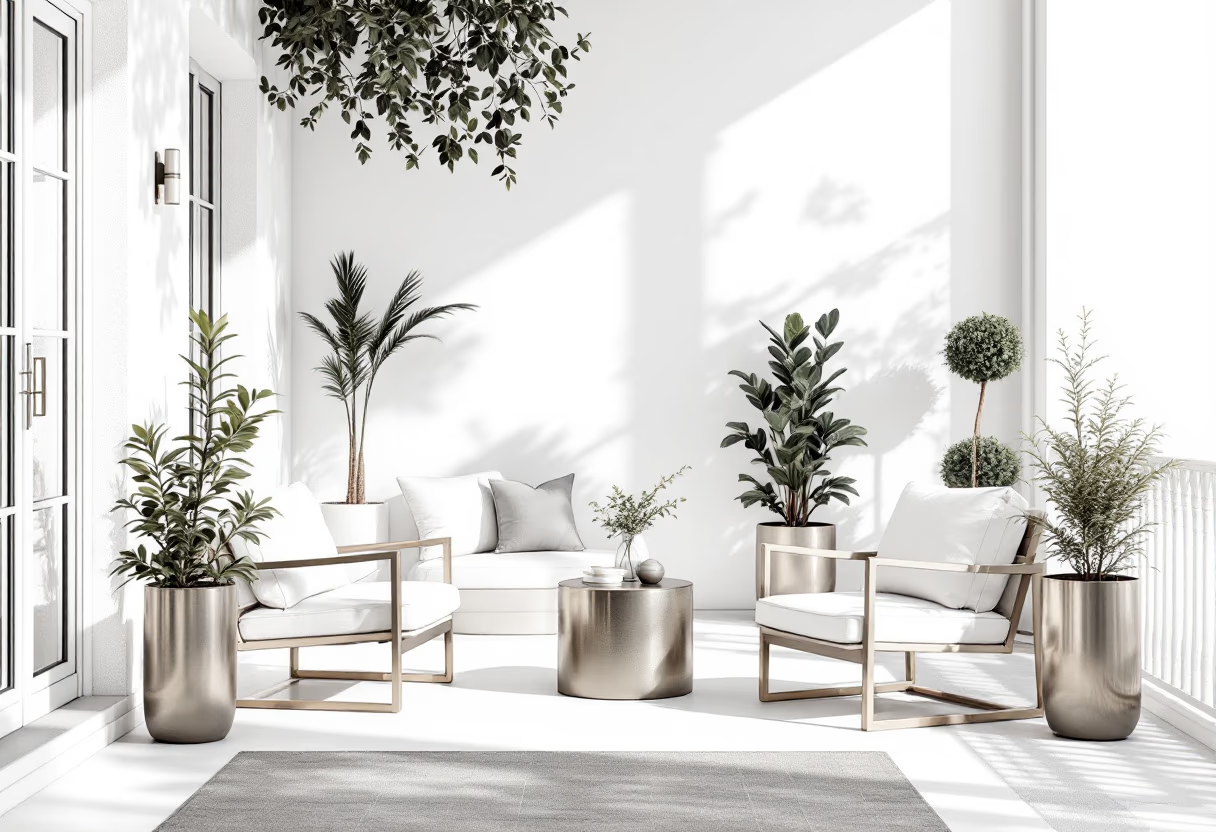Practical advice, local insights and hosting ideas from the Lane Property team to help you earn more and manage your Airbnb stress-free.



Full-service management for short-term rentals.
Dynamic pricing and listing optimisation.
Expert local support and transparent reporting.
What owners are saying
Hear from clients who trust our full-service Airbnb management to increase income and simplify short-term rental ownership.
Switching to Lane Property was so easy. They optimise pricing and keep my calendar full all year.
Switching to Lane Property was so easy. They optimise pricing and keep my calendar full all year.
Lane Property handled everything from bookings to guest messages. My returns went up and I don’t worry about a thing.
Great communication and attention to detail. The place is always spotless and guests leave amazing reviews
Consistent results, no stress. Lane Property really delivers, my property performs way better now.
Their all-in-one approach saves me time and boosts my income. I use them for every listing I own.
get your airbnb journey underway
We’ve designed our onboarding to be quick, transparent, and hands-off for you. From setup to your first guest, we take care of everything—so you can start earning sooner, without lifting a finger.
Find out what your property could earn on the short-stay market—no strings attached.
We handle photography, styling advice, pricing, and listings across all major platforms.
For vacant properties, we guarantee your first booking within a week of going live.